Description
|
This Mentored Research Scientist Development Award (K01) will provide the applicant with the advanced training and skills necessary to meet immediate career goals; specifically, developing an independent program of research focusing on improving the services received by children with autism spectrum disorders (ASD) and their families in community contexts by increasing the implementation of evidence-based practices delivered by ASD community providers. Longer term, the experience and data generated by this project are expected to lead to larger scale studies focusing on refining the AMI, including specific aspects of the AMI Process Materials, as well as studies to test the implementation effectiveness, generalizability, and sustainability of the AMI across various ASD agencies and geographic locations. Background and Significance. Currently, 1 out of 110 children are diagnosed with an ASD, and the annual estimate of costs for services is $35 billion. Typically, ASD Community Providers (ASD-CPs) provide services to children with any severity of ASD symptoms using various treatment paradigms with few treatments considered efficacious or probably efficacious. When evidence-based practices (EBPs) are successfully implemented by ASD-CPs, they result in positive outcomes. Despite this promise, EBPs are often implemented unsuccessfully and other treatments used by ASD-CPs lack supportive evidence, especially for school age children with ASD. While it is not well understood why ASD-CPs are not implementing EBPs, organizational and individual ASD-CP characteristics likely play a role in hindering implementation. As a response to this need, and to improve the lives of children with ASD and their families, the proposed study aims to develop and test the feasibility and acceptability of the Autism Model of Implementation (AMI) and AMI Process Materials to support the implementation of EBPs by ASD-CPs. Moreover, the proposed study will positively impact the field of implementation science by providing an empirically-supported and tested model of implementation to facilitate the identification, adoption, and use of EBPs by ASD-CPs, specifically. Research Plan. The specific aims of the proposed research include: Aim 1. Assess agency antecedents and readiness factors, individual ASD-CP characteristics, and methods of implementing EBPs by ASD Leaders, to identify factors that facilitate or hinder adoption and use of EBPs by ASD-CPs. This will be done through a mixed methods approach involving ASD-CPs participating in focus groups and completing quantitative surveys to provide information about the needs of clients with ASD and ASD-CPs; EBPs in general; agency and ASD-CP factors that might facilitate or inhibit EBP implementation; and their current process used to implement EBPs (if any). Data will be integrated using recommended procedures in consultation with study mentors and consultants. Results will be presented to academic- community collaborative (ACC) partners who will provide additional interpretation and feedback. Aim 2. Develop the Autism Model of Implementation (AMI) with the focus on identification, adoption, and use of EBPs within agencies serving children with ASD. Using a collaborative, iterative approach, the PI will develop the AMI with approximately 10 ACC partners (ASD-CPs who have agreed to collaborate with the PI to accomplish the research aims). Interpretation of data, and feedback from ACC partners are expected to increase external validity, feasibility, and acceptability of the AMI and AMI Process Materials. Aim 3. Examine the feasibility and acceptability of the AMI through a small-scale pilot study. Aim 3 involves the implementation of the AMI and AMI Process Materials (developed in Aim 2) in ASD Community Agencies as an organizational intervention (participants include ASD organizational leaders), and will use a specific EBP-a manualized CBT to treat anxiety disorders in children with ASD (a highly prevalent disorder in the ASD childhood population and stated concern by ASD-CPs in the community). The focus of this Aim is to evaluate the AMI and AMI Process Materials in terms of feasibility within ASD agencies; perceived fit, relevance, utility, and compatibility within ASD agencies and among ASD-CPs; training and support in use of AMI and AMI Process Materials, and observed fidelity. A mixed methods research approach will be used to assess post- implementation data in consultation with study mentor/consultants. Training Goals. In order to accomplish these research aims, the applicant requires the following training: 1) Acquire expertise in the theory and application of implementation research, including tailoring implementation models for specific community providers and contexts; 2) Gain expertise in academic-community collaboration (ACC); and 3) Acquire skills in mixed qualitative and quantitative methods. Training activities will include: a) consultation with Drs. Aarons (expertise: implementation science), Stahmer (expertise: ASD and collaborative models), Palinkas (mixed methods), Roesch (quantitative methods), and Wood (ASD and co-occurring disorders); b) synthesizing literature of implementation science and collaborative models; c) application to the IRI; d) coursework (i.e., UW CCPH online models of collaboration course, SDSU statistical classes in advanced statistics); e) applied training activities (i.e., mixed methods and quantitative data analyses), f) participating in professional organizations and conference (IMFAR, AOM, CCPH Consultancy Network), g) actively participating in structured training activities (i.e., IRI, VA QUERI Cyber Seminars, attend and lead UCSD Research Groups, attend and lead community collaborative groups); and h) manuscript writing.
|
 Interagency Autism Coordinating Committee (IACC)
Interagency Autism Coordinating Committee (IACC) Autism Research Database (AFD)
Autism Research Database (AFD)



